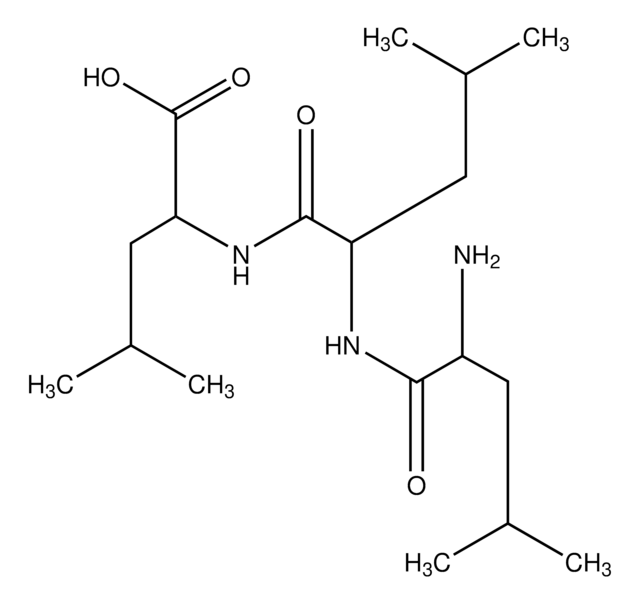M8273
Control Ascites Fluid from murine myeloma
clone NS-1, ascites fluid, liquid
About This Item
Productos recomendados
origen biológico
mouse
forma del anticuerpo
ascites fluid
clon
NS-1, monoclonal
Formulario
liquid
contiene
15 mM sodium azide
temp. de almacenamiento
−20°C
modificación del objetivo postraduccional
unmodified
Descripción general
Aplicación
Cláusula de descargo de responsabilidad
Código de clase de almacenamiento
10 - Combustible liquids
Clase de riesgo para el agua (WGK)
nwg
Punto de inflamabilidad (°F)
Not applicable
Punto de inflamabilidad (°C)
Not applicable
Elija entre una de las versiones más recientes:
Certificados de análisis (COA)
¿No ve la versión correcta?
Si necesita una versión concreta, puede buscar un certificado específico por el número de lote.
¿Ya tiene este producto?
Encuentre la documentación para los productos que ha comprado recientemente en la Biblioteca de documentos.
Active Filters
Nuestro equipo de científicos tiene experiencia en todas las áreas de investigación: Ciencias de la vida, Ciencia de los materiales, Síntesis química, Cromatografía, Analítica y muchas otras.
Póngase en contacto con el Servicio técnico








